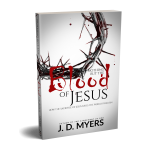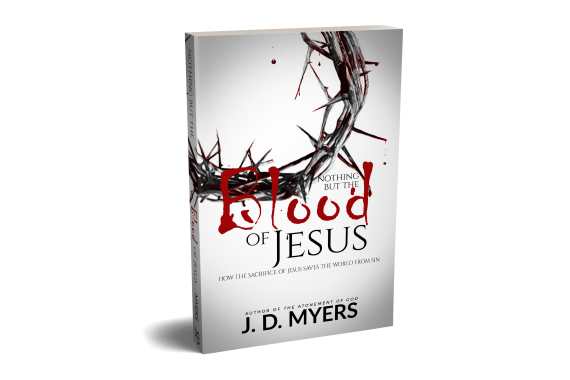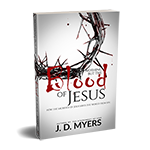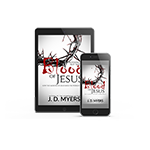My Gospel Dictionary online course has a new lesson on “Law.” In it, I briefly explain why the Mosaic law was given. The reason is simple: God wanted a personal relationship with each Israelite based on love, but the Israelites rejected this offer and wanted a mediator (Moses).
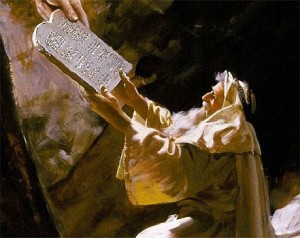 When people reject a relationship with God, the only way for God to (1) Guide their behavior and (2) Teach them that a relationship is best, is to give them law. God knew, and Moses knew, that law would only make things worse, but it was given nonetheless to teach the Israelites (and us) a lesson.
When people reject a relationship with God, the only way for God to (1) Guide their behavior and (2) Teach them that a relationship is best, is to give them law. God knew, and Moses knew, that law would only make things worse, but it was given nonetheless to teach the Israelites (and us) a lesson.
What lesson?
That a relationship based on love is FAR better than a religion based on law.
Along with taking the lesson on law in my Gospel Dictionary course, you can also read more about this idea here: Overview of Exodus–Deuteronomy.
Here is a brief summary of the conversation that occurred between God and the Israelites from Exodus through Deuteronomy:
God: I want a relationship with ALL of you, based on love, forgiveness, and reconciliation.
Israelites: Yeah…. We’ll take religion based on law and sacrifice please, with Moses as our mediator.
God: … Really? Well, okay. Here’s the Ten Commandments (Exodus 20)
Israelites: Yay! … Uh, wait (Exodus 32). We can’t keep these very well. The problem is that they’re sort of vague. And the rivalry and violence keeps increasing. I know what our problem is… We need more laws, more sacrifices, and more religion!
God: … Really? I don’t think that’s going to work, guys, but okay. Here’s some more laws, if that’s what you want instead of a relationship with me.
Israelites: Yay! Now we know what to do! Uh, wait (Leviticus 17). We can’t keep these very well. They don’t answer all of the questions or speak to every situation we encounter. And the rivalry and violence keeps increasing. I know what our problem is … we need more laws, sacrifices, and religion!
God: … Seriously? That’s your conclusion from this? Well, okay. Here’s some more laws, if that’s really want you want instead of a relationship with me.
Moses: Hey! How’s this whole religion thing working for you? If you keep it, it will be great! But when you don’t do it (as we should know by now, we won’t), then it will only result in more chaos, rivalry, and violence (Deuteronomy 30–31).
The history since then is that the 613 commandments in the Pentateuch became over 6000 laws in the oral tradition, and quite a few more than that in the religious and legal tradition. All of these myriad laws has only led to greater rivalry and violence. In other words, the law only led to greater sin (Which is exactly what Paul says in Romans 7:1-13).
Want to learn more? Take the lesson on law in my Gospel Dictionary course and read an article about this idea here: Overview of Exodus–Deuteronomy.



